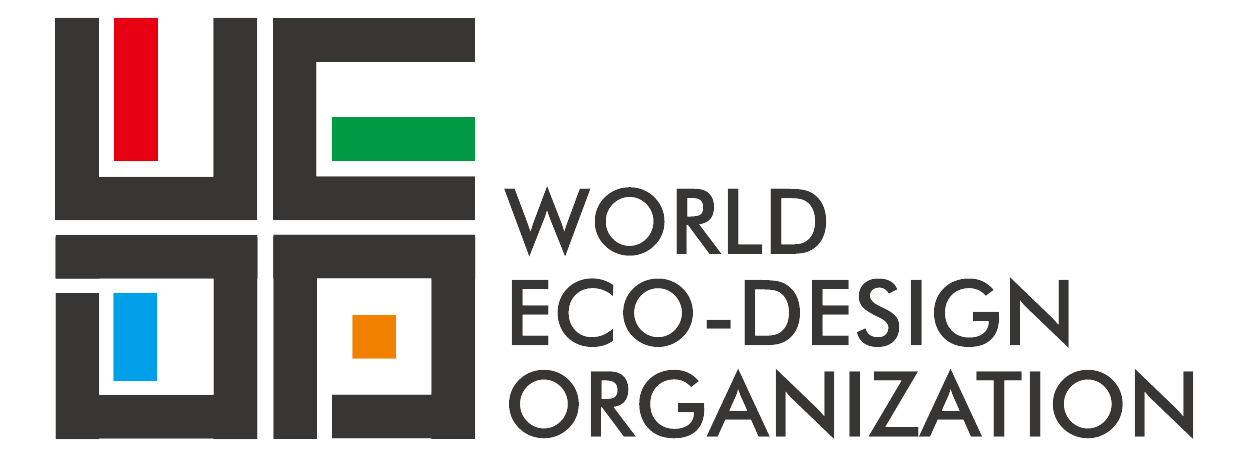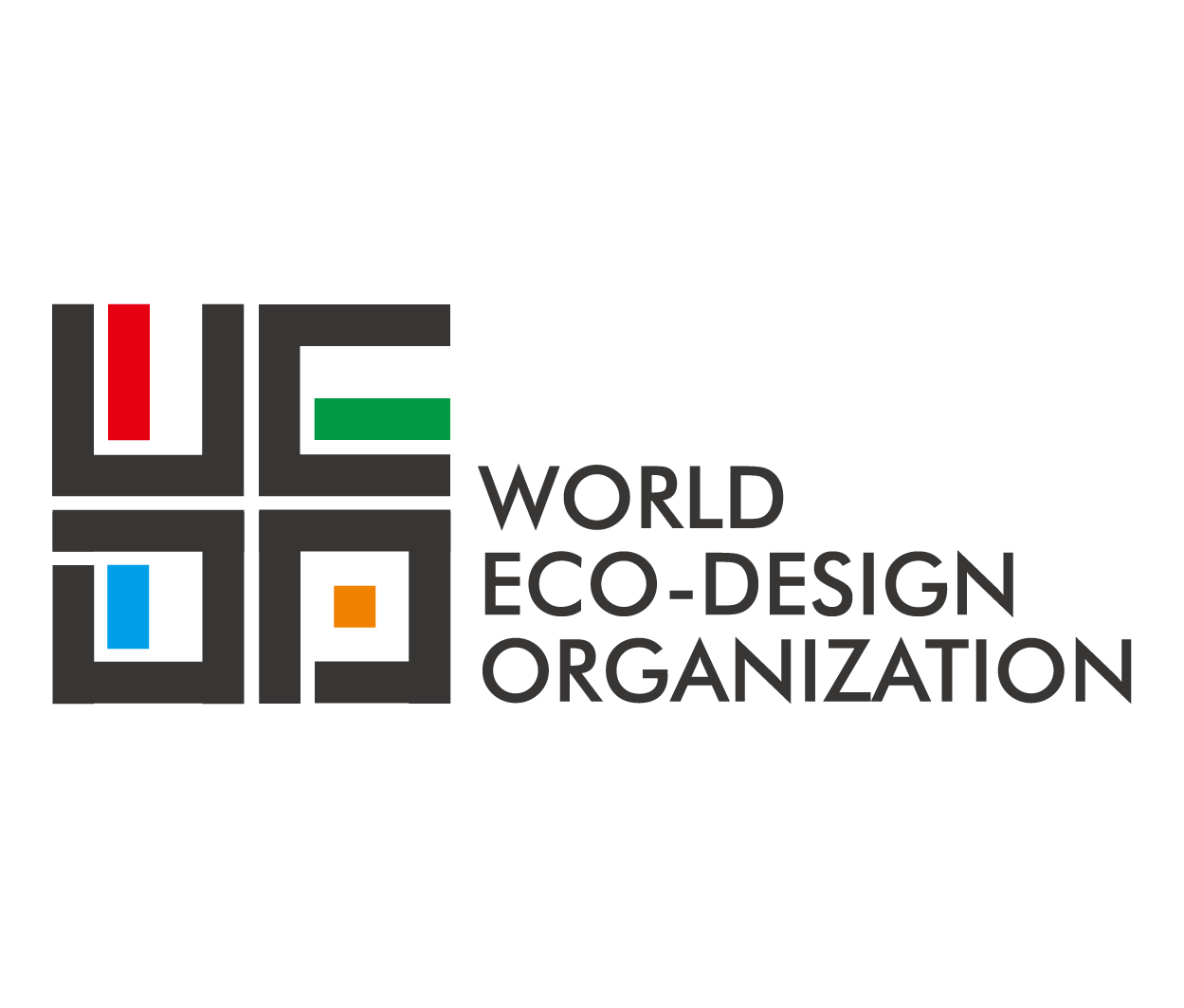On March 26, 2025, the World Eco-Design Conference (WEDC 2025) was held in Bangkok, Thailand. Co-hosted by the United Nations Technology Bank for the Least Developed Countries (UN Technology Bank) and the World Eco-Design Organization (WEDO), the conference focused on the theme of “Empowering LDCs, Advancing the SDGs.” The event aimed to enhance the development capacity of the Leaset Developed Countries (LDCs) and promote the implementation of the 2030 Agenda for Sustainable Development. The conference attracted important participants from various sectors worldwide, including representatives from, Thailand, Embassies and Consulates in Thailand, academia, industry, the UN Technology Bank and the WEDO.
Professor Ying Fangtian, Director General of the WEDO, Fellow of European Academy of Engineering, delivered a keynote speech, emphasizing the crucial role of eco-design in empowering LDCs. He underscored the necessity of multi-stakeholder collaboration and pointed out that eco-design extends beyond technological innovation, serving as a vital mechanism for achieving economic, social, and environmental harmony. Professor Ying encouraged participants to share their expertise and explore tailored development pathways for LDCs to accelerate progress toward the SDGs.
Mr. Deodat Maharaj delivered a keynote speech.
Mr. Deodat Maharaj, Managing Director of the UN Technology Bank, shared valuable experiences from UN-led initiatives supporting sustainable innovation in LDCs. He emphasized that in the current global development landscape, providing technological and innovative support to LDCs is a crucial factor for achieving the SDGs.
Ms. Aslı Hekimoğlu introduced the Technology Needs Assessments.
Ms. Aslı Hekimoğlu, Associate Programme Officer of the UN Technology Bank, provided an in-depth analysis of the Technology Needs Assessments (TNAs), highlighting its fundamental role in fostering sustainable development in LDCs. She explained that this systematic approach, particularly through science, technology, and innovation reviews, enables precise identification of technological gaps and priority needs. She cited examples such as Kiribati, which has identified crucial technological requirements in agriculture and healthcare, and Rwanda, which has used assessments to outline priority areas for technological advancement. These targeted assessments offer a solid foundation for national development strategies, helping LDCs attract technology investments, strengthen capacity-building efforts, and ultimately achieve the SDGs.
Technology Project Showcase
The session of Technology Project Showcase & Q&A, moderated by Mr. Wen Guoshu, the Deputy General of the WEDO, hightlighted innovative achievements in biopharmaceuticals, ecological agriculture, IDE programme and green energy, drawing considerable attention. Through a combination of interactive displays and in-depth discussions, representatives from various countries exchanged insights on technological implementation strategies. These projects, aligned with the priority needs of LDCs, underscored the critical role of technology transfer and capacity-building in poverty alleviation and sustainable development, earning widespread recognition from representatives.
Capital of Customization Award Ceremony
During the awards session, Chiang Mai City in Thailand was honored with the Capital of Customization Award for its outstanding achievements in integrating eco-design with urban development. H.E. Mrs. Serap Ersoy, the Ambassador of Embassy of the Republic of Türkiye in Bangkok and Mr. Wen Guoshu, the Deputy General of the WEDO, presented the award to Chiang Mai City.
World Design Contribution Award Ceremony
Professor Zhang Fuchang, Honorary Dean of the School of Design at Jiangnan University, was honored with the World Design Contribution Award in recognition of his exceptional contributions to the field of design. Mr. Deodat Maharaj, Managing Director of the UN Technology Bank and Professor Ying Fangtian, Director General of the WEDO, presented the award to Professor Zhang Fuchang.
Inauguration Ceremony of the Art Commtttee
Additionally, the newly established Art Committee was officially inaugurated. Professor He Xiaoyou, Director of the committee and Former Vice President of Nanjing University of the Arts, received the plaque from Professor Pichai Sonchaeng, General Secretary of Thai-Sino Association of Science and Technology and Former Vice Minister of the Office of Prime Minister, Royal Thai Government, and Professor Wan Ran, Deputy Director General of the WEDO. The establishment of the committee marks a significant milestone in promoting sustainable development in arts and cultural innovation.
Meeting Highlights
In the closing remarks, Mr. Deodat Maharaj, Managing Director of the UN Technology Bank, provided a comprehensive review of the conference’s achievements. He commended the insightful ideas and solutions proposed by various stakeholders in support of LDCs’ development and outlined future directions for international collaboration.
The successful conclusion of WEDC 2025 has injected new vitality into global eco-design efforts while bringing renewed hope and momentum for sustainable development in the world's least developed countries.
Post-Meeting Interviews (Partial)
During the interview after WEDC 2025, Professor Pichai Songchaeng, General Secretary of Thai-Sino Association of Science and Technology, stated that the association has long been committed to promoting technological cooperation between Thailand and China, particularly in five key areas: food and agriculture, health and wellness, environment, and education. He emphasized that the association will further strengthen collaboration with relevant institutions to advance technology transfer and innovation, with a particular focus on providing applicable technologies to the LDCs.
Mr. Deodat Maharaj, Managing Director of the UN Technology Bank, underscored the bank’s core mission of leveraging science, technology, and innovation to accelerate the development of LDCs. He highlighted the crucial role of international cooperation in achieving the SDGs. In particular, he noted that the International Design Education Programme has already benefited over 100 students from LDCs, and he expressed hope for expanding partnerships to continue fostering talent. Additionally, he highly commended the innovative achievements showcased at the conference, citing the significance of Salt-Tolerant rice cultivation technology for low-lying island states.
Professor Ying Fangtian, Director General of the WEDO, emphasized in an interview that WEDO’s long-term strategy focuses on four key pillars of capacity-building: education, innovation, industry, and public welfare, aiming to comprehensively empower LDCs. He stressed the importance of international cooperation in technological innovation and industrial development and proposed the establishment of a United Nations Innovative Institute. This institute would integrate education, research, and industry needs to drive the development and application of high-tech, low-cost, and easily replicable technologies.






 en
en



 Guangzhou,China
Guangzhou,China +86 - 19925740779
+86 - 19925740779 wedc@vip.126.com
wedc@vip.126.com










